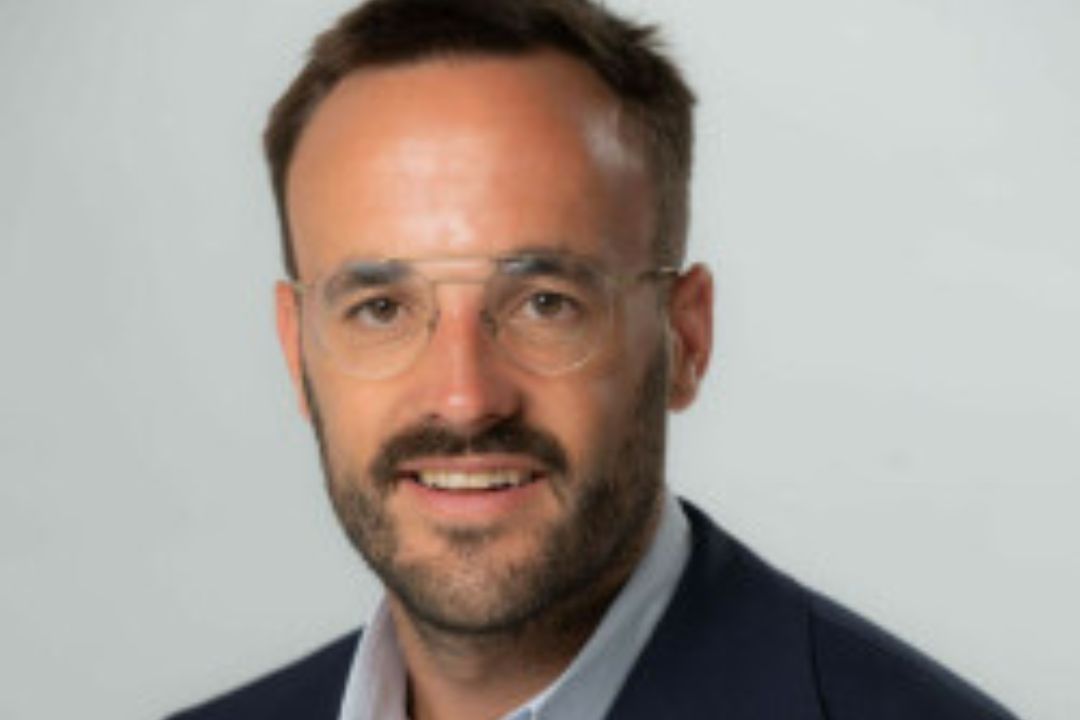31st May 2021
The Greek start-up ecosystem has flourished over the past decade. Georgios Megas, coordinator of EIT Health Hub at the National Documentation Center shares his knowledge about how healthcare start-ups have changed, what the specificity of the region is in the context of the development of the healthcare sector, what solutions have been developed on the market, also thanks to the cooperation between EIT Health and the Hub.
The economic crisis of 2010 had enormous consequences for the Greek economy and society. However, when looking at the Greek start-up ecosystem, a surprising effect can be observed. “In Greece, we used to say that the crisis was followed by a huge boom in the start-up ecosystem as students, graduates and well-educated professionals found it difficult to find a job. They had two options: either move abroad or start their own business,” he explains.
Most of these start-ups are related to the digital and technology sectors. Has the pandemic affected the start-up ecosystem? “Due to COVID-19, these companies are increasingly focusing on resolving health issues and challenges. Even if they are operating in the digital or tech sectors, they now tend to focus on digital health or medical technology.”There is a reason for this.“It is a very profitable sector and needs smaller CapEx than the energy sector for example. Greece is a small market, you need a lot of early-stage testers, and these most often are hospitals and patients. Therefore, there is a need for more flexible regulations regarding Pre-Commercial Procurement and Public Procurement of Innovation to allow such start-ups to run their tests and finally get adopted by the healthcare systems, especially when dealing with public hospitals. These innovative solutions have suddenly found themselves in the spotlight since the last year of the pandemic and their implementation has accelerated on a massive scale. This also played a huge role.”
According to Elevate Greece, the official platform of the Greek start-up ecosystem, the number of life science start-ups (MedTech, HealthTech and BioTech) continues to grow, currently being the largest group among the entire ecosystem, with 16% and an upward trend for two consecutive years. Two areas dominate the Greek healthcare start-up ecosystem – currently around 80% of life science start-ups in Greece focus on digital health and medtech, including artificial intelligence, data analytics, web or mobile applications, cloud computing, software, IoT, and 3D printing. Currently, there is growing market interest in enablers of digital health innovations. “One of the trends I see are digital health platforms for doctors and patients, such as Doctoranytime. Another successful example is the BookingClinic platform, connecting patients with doctors and clinics. BookingClinic was the 2018 EIT Health InnoStars Awards semi-finalist and the winner of the EIT Health Headstart 2020 programme.”
Where does start-up financing come from and what are the financing possibilities for start-ups in Greece? “There is a mix of different types of funds that support the start-up ecosystem. We have structural funds, such as the ERDF (European Regional Development Fund) and CF (Cohesion Fund), which also support start-ups.”There are many EU-backed national programmes to support innovation, providing funding to SMEs and research institutions in a wide range of sectors, including life sciences and health. “We are also successful in EIT Health programmes. For example, the EIT Health RIS Innovation Call – we started in 2019 with 4 applicants (and 1 winner) and this year, we have almost 18 applicants. Other programmes are also getting attention: we already have winners in Headstart and Catapult, so EIT Health is always at the centre of Greek start-ups.” Elevate Greece provides statistics on the funding pooled by the Greek start-ups and more info can be derived from there. Life science start-ups have already raised over €33M, and the leading company Vivante Health has raised over €12M, offering digital health solutions for people with digestive conditions according to the sources above.
Every medical start-up faces challenges on its way to success: access to financing, high risk, probability of failure, long development period, regulation, competition. What are Greek start‑ups struggling with at the local level? “We surveyed digital health and medical technology start-ups in Greece and asked them what the most important factors are that can lead to failure. The most popular answers were the struggle to gain customer trust, access to VC funding, lack of specialists and the early stage of development.”
What are the prospects for the Greek start-up ecosystem for the next 4–5 years? “The recent support led by the Greek Ministry of Digital Governance has been very helpful, the digital transformation of healthcare has accelerated, and thanks to this approach and entrepreneurial will, healthcare innovation can and will be implemented on a massive scale.”
Georgios Megas is an Innovation Manager at the National Documentation Center of Greece. He is the coordinator of the Greek EIT Health HUB and National Contact Point, Coordinating Cluster 4 (Digital, Industry, Space) in Horizon Europe. He is a member of the Enterprise Europe Network (EEN) ICT Sector Group with significant achievements regarding Technology Transfer partnerships and consortia creation in the ICT sector in various EU projects. Georgios Megas is a certified Innovation Guide from the Improve academy and the alternate NCP for Cluster 1 (Health). Georgios Megas is responsible for Digital Innovation Hubs, EEN and DEI policies in the Idealist2020 ICT NCP network. He holds an MSc in Industrial Management and Technology.
Europe's top health start-ups take centre stage: EIT Health Catapult winners are revealed at HLTH Europe

2025 Catapult programme winners announced.
Finding Europe’s next healthtech leaders: Insights from Antoine D’Hollander

Insights from Antoine D’Hollander, Capricorn Partners.
EIT Health supports 17 promising deep tech start-ups bridge the ‘Valley of Death’

Providing start-ups with the right support.